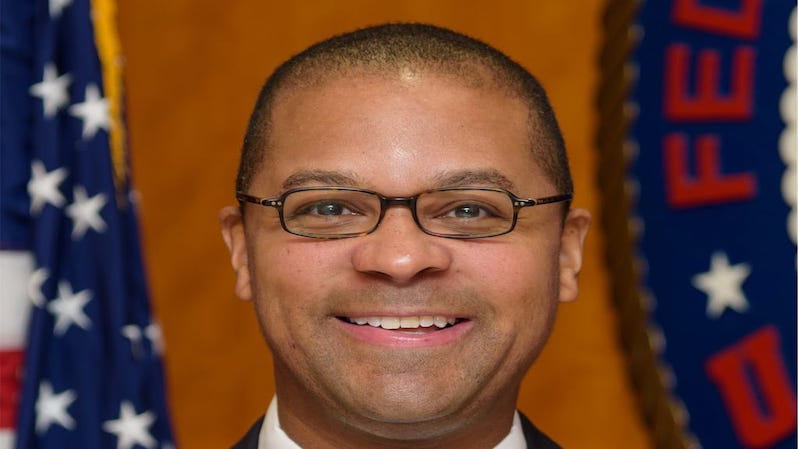FCC Commissioners Tout 5G, Spectrum and Permitting Reform

Commissioner Geoffrey Starks argued that expanding connectivity would enable sustainable, environmentally-friendly technologies.
WASHINGTON, December 15, 2022 – High-level Federal Communications Commission officials addressed the 40th Annual Institute on Telecommunications Policy and Regulation on Thursday, touting 5G technologies, increased spectrum access, and permitting reform as the broadband industry braces for what promises to be an action-packed 2023.
In his keynote, Commissioner Geoffrey Starks argued that expanding connectivity would enable sustainable, environmentally friendly technologies such as 5G-enabled precision agriculture. During a subsequent panel, Joel Taubenblatt, acting chief of the FCC’s Wireless Telecommunications Bureau, predicted robust innovation in 5G-powered technology sectors including transportation, energy and finance.
Starks, Taubenblatt, and Commissioner Brendan Carr each voiced support for robust spectrum availability. Carr reiterated his outspoken opposition to popular social-media app TikTok, and earlier in the day, Commissioner Nathan Simington proposed raising cybersecurity requirements on wireless device manufactures.
The Infrastructure, Investment and Jobs Act allocated $65 billion to broadband, the largest single investment to date. Policymakers and industry leaders have voiced concern that regulatory mismanagement could blunt the funds’ impact. Testifying before a U.S. Senate subcommittee Tuesday, representatives from trade groups US Telecom and NCTA – The Internet & Television Association warned lawmakers against onerous regulation, especially opaque permitting processes on federal lands.
To ensure the efficient use of unprecedented broadband funding initiatives, federal and state authorities should streamline permitting processes, Carr said. The commissioner told Broadband Breakfast he supports expanding small cell infrastructure reforms, such as approval shot clocks and limitations on unreasonable fees, to the wireline sector.
Carr, in his featured remarks, said regulators should craft policy to avoid overbuilding and prioritize building to the least unserved communities. He once again advocated tech-neutral policies that allow fixed-wireless and satellite broadband to fairly compete with fiber.
Permitting and access barriers at multiple levels of government
Representatives from broadband industry groups detailed potential regulatory barriers to deployment in a webinar held Wednesday.
At the local level, providers must obtain access to utility poles, which can be owned by a range of entities including municipalities and utility companies. State broadband offices could likely coordinate with providers and regulators to ease this process, suggested Teresa Ferguson, senior director of broadband and infrastructure funding at the National Rural Telecommunications Cooperative.
At the federal level, Congress has signaled interest in streamlining permitting processes, said Angela Simpson, general counsel and vice president of legal and regulatory affairs at the Competitive Carriers Association, noting the body introduced 28 reform bills this session. Earlier this month, a bipartisan coalition of senators wrote to the U.S. Departments of Interior, Agriculture, and Commerce, urging them to update federal permitting guidelines.

